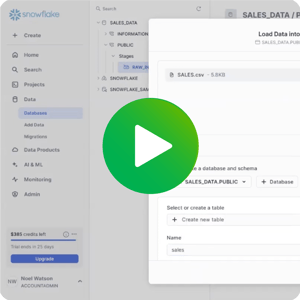Challenge: Disconnected data caused delays in patient care, missed appointments, and inconsistent reporting.
Solution: Using Catalyst BI’s recommended integration framework, patient data was unified across EHRs, labs, and scheduling systems, enabling seamless access and reporting.
Result: With Catalyst BI’s recommended integration framework, the organisation achieved a unified patient view, reduced missed appointments by 22%, and improved audit reporting by 35%.








